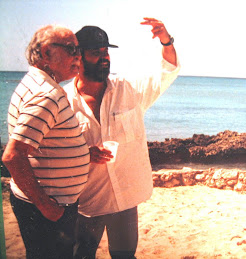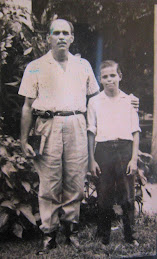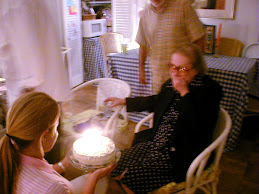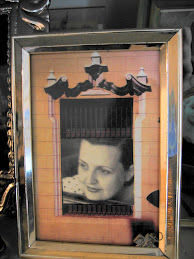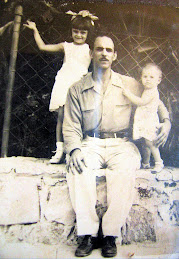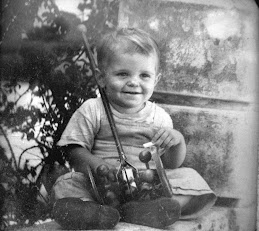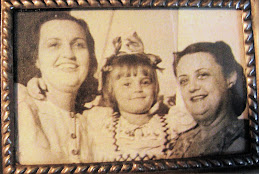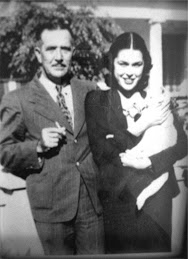
Those first years in exile, sometimes were not so bad.
And the arrival of Marta Larraz, one of my closest friends, made a difference - and life took a more adventurous turn. Many weekends I would spend whole days riding up and down Lincoln Road in the ‘tram’ next to Marta, while she drove it like a maniac, becoming the terror of the old Jewish ladies of the area. She spoke French very well, but hardly any English, so this job as a ‘chauffeur’ of the little trams -which I was able to negotiate for her- was the perfect one at that moment!
Some evenings Mami and Leon would also go with me to Miami Beach --and we all rode on the tram for hours and hours. And sometimes my friend Tony- whose mother was a childhood friend of my mother- would drive me to Miami Beach in his beautiful convertible, and spent time with us.
And the arrival of Marta Larraz, one of my closest friends, made a difference - and life took a more adventurous turn. Many weekends I would spend whole days riding up and down Lincoln Road in the ‘tram’ next to Marta, while she drove it like a maniac, becoming the terror of the old Jewish ladies of the area. She spoke French very well, but hardly any English, so this job as a ‘chauffeur’ of the little trams -which I was able to negotiate for her- was the perfect one at that moment!
Some evenings Mami and Leon would also go with me to Miami Beach --and we all rode on the tram for hours and hours. And sometimes my friend Tony- whose mother was a childhood friend of my mother- would drive me to Miami Beach in his beautiful convertible, and spent time with us.
Tony really liked me and had hopes for a romance, but I only wanted him to be my friend -actually OUR friend- since he was very generous, had a great job in an airline and invited Marta and me to “Burger King” , which was a great treat that we could not afford. There we would ‘fill-up’ (literally) with enormous Whoppers and marvelously thick Chocolate Shakes. What ‘banquets’ those were!
This was the time when Mami had started working in the tomato fields near Pompano Beach -the most sought-after-job among Cuban ladies -and the only one that paid the minimum wage; the second great job was working as hotel chambermaids! And it was also the time she had to quit, because she started suffering from fainting spells and acute anemia.
This was the time when Mami had started working in the tomato fields near Pompano Beach -the most sought-after-job among Cuban ladies -and the only one that paid the minimum wage; the second great job was working as hotel chambermaids! And it was also the time she had to quit, because she started suffering from fainting spells and acute anemia.
Coincidentally, Marta had also started having fainting spells and dizziness -and both of them would go together to get treated at the free medical dispensary at Gesu’s Church in downtown Miami. Sometimes they were so sick and lightheaded (probably hungry!) --they had to hold on to each other not to fall down, and were quite a sight! One day -Mami later told me-Marta was so weak she had begged my mother not to take the bus back to Miami Beach. ...She wanted to take a taxi!...My mother had to explain to her very clearly that they barely had money to even take the bus. Miami buses -as they are today- ran every 30 minutes and long waits under the sun in 90 degree temperatures were the norm. Whether you were sick or healthy, young or very old, you were lucky to have the money to ride them!
We were all so poor that pennies were carefully counted --and everyone knew that some things -like going to restaurants, the movies, buying clothes or buying an ice cream in the corner shop were totally off limits...Out of the question!
We were all so poor that pennies were carefully counted --and everyone knew that some things -like going to restaurants, the movies, buying clothes or buying an ice cream in the corner shop were totally off limits...Out of the question!
In exile, rich, middle class and poor Cubans became “very-poor-struggling-Cubans”, but we did not seem to see it as something 'bad' or tragic, since we were rich in freedom, choices, hopes and dreams, which under communism would have been impossible to even fathom.
So our lives became very simple --and a daily challenge to face.
So our lives became very simple --and a daily challenge to face.
For the younger generation like my brother’s -who was 14- the priority was going to school and having part-time jobs. My mother’s generation threw themselves into the fight for survival without looking back, doing anything and tackling any job that came their way, while trying to hold together a family and the semblance of a ‘home’. For my generation -age 18 or 19- it was total displacement, zero prospects for college or university, since it was imperative to get a job and help the family finances --and zero possibilities of being frivolous or just 'normal' teenagers.
The most difficult part was being so 'rootless'. Many families were divided --and it was difficult to find a ‘complete’ and ‘whole’ family in entire city of Miami! Husbands and wives were forcely separated; children and parents did not see each other for years and an example of this are the so called “Pedro Pan Children”, around fourteen thousand small children who left Cuba totally alone, to be placed in homes or schools all over the United States, where most of them grew up to be very succesful and today lead great lives. It was something we are proud of now, almost 40 years later, but extremely traumatizing and painful at the time.
Many people had a worse tragedy, having parents, husbands, mothers or sisters in Castro’s prisons, serving long and cruel sentences, while others had been shot or killed or had died trying to escape the island. We were lucky in a way, because with the exception of my father’s very revolutionary brother Raúl Rodriguez Santos, who had been condemned to 12 years in Cuba's jails, we did not have more added pain to our lives.
Many people had a worse tragedy, having parents, husbands, mothers or sisters in Castro’s prisons, serving long and cruel sentences, while others had been shot or killed or had died trying to escape the island. We were lucky in a way, because with the exception of my father’s very revolutionary brother Raúl Rodriguez Santos, who had been condemned to 12 years in Cuba's jails, we did not have more added pain to our lives.
The important thing was that the three of us were together, very close, surviving the best we could. But I still cried a lot when I was alone. The pain was so intense, that to this day I cringe when I revive those memories. I felt a deep sadness because my father had stayed behind --and my brother missed him so. And I missed the sense of permanency and security my home in Havana gave me. That sweet ‘cocoon’ feeling. It is difficult to explain, but one can miss ‘a country’ --and hurt terribly about it.
It’s like losing the earth under your feet and becoming a person who ‘floats’ like a helium balloon, without one single ‘iota’ of control over your life. Tremendously vulnerable.
One day Mami fainted in the ‘tomatera’ and was ‘unemployed’ and very sick for a few weeks. We had no money to buy medicines and our eating habits were all wrong, so her recovery was very slow. American cheese, some sort of pressed meat in the style of Spam the Refugee Center gave away and neighbors passed on to us (since we had come into the USA as residents through Mexico, we did not ‘qualify’ for any Refugee help), cornflour and bread were the staples of our diets –plus the ocassional hamburgers from a chain called “Royal Castle” where it was a treat to buy their 19 cents burgers and their 15 cents grits!.
I remember as a great ‘family outing’ merely going to church on Sunday mornings with my mother’s sister my Aunt Fela, my uncle Gustavo and our cousin Cristina, and afterwards having ‘breakfast’ at Royal Castle. I can still visualize my very stylish Tafela, dressed to the nines with her still elegant ‘Cuban clothes’, holding on to her beautiful calfskin italian handbag, while standing in line behind the orange vinyl stools of Royal Castle’s, waiting for our turn to sit and eat our 69 cents ‘full American’ breakfast of Bacon and Eggs or her favorite -and even cheaper- Chile con Carne!
When Mami got sick, I was terrified that we were not going to be able to pay the $65 rent for our apartment at The Betty -our new and by now beloved ‘home’! I worried day and night about being evicted or something worse. Mami’s salary was gone and my brother’s earnings barely paid for his lunches and school expenses. But (and I still dont understand how she found strenght to physically do it) --as soon as she felt better Mami started taking care of an old lady called Mrs. Franzelle, who lived with her alcoholic daughter Ethel a few blocks away from our house. She was paid in cash --$18 a week!
One day Mami fainted in the ‘tomatera’ and was ‘unemployed’ and very sick for a few weeks. We had no money to buy medicines and our eating habits were all wrong, so her recovery was very slow. American cheese, some sort of pressed meat in the style of Spam the Refugee Center gave away and neighbors passed on to us (since we had come into the USA as residents through Mexico, we did not ‘qualify’ for any Refugee help), cornflour and bread were the staples of our diets –plus the ocassional hamburgers from a chain called “Royal Castle” where it was a treat to buy their 19 cents burgers and their 15 cents grits!.
I remember as a great ‘family outing’ merely going to church on Sunday mornings with my mother’s sister my Aunt Fela, my uncle Gustavo and our cousin Cristina, and afterwards having ‘breakfast’ at Royal Castle. I can still visualize my very stylish Tafela, dressed to the nines with her still elegant ‘Cuban clothes’, holding on to her beautiful calfskin italian handbag, while standing in line behind the orange vinyl stools of Royal Castle’s, waiting for our turn to sit and eat our 69 cents ‘full American’ breakfast of Bacon and Eggs or her favorite -and even cheaper- Chile con Carne!
When Mami got sick, I was terrified that we were not going to be able to pay the $65 rent for our apartment at The Betty -our new and by now beloved ‘home’! I worried day and night about being evicted or something worse. Mami’s salary was gone and my brother’s earnings barely paid for his lunches and school expenses. But (and I still dont understand how she found strenght to physically do it) --as soon as she felt better Mami started taking care of an old lady called Mrs. Franzelle, who lived with her alcoholic daughter Ethel a few blocks away from our house. She was paid in cash --$18 a week!
She also baby-sat for a Lebanese family who had a baby girl about 6 months old who had just had open heart surgery. Mami was worried about the baby’s delicate health (she had a huge thick scar from one end of her chest to below her navel) , but the parents did not seem to worry too much, and used to go out very often, until very late at night, trusting their daughter’s care to my mother, who also was supposed to iron baskets and baskets of clothes for a paltry $1 an hour!
I used to go with her many times, just to keep her company, so she would not have to walk home in the dark at 2 or 3 am. On one ocassion the baby’s father drove us back home, and made a pass at my mother, who -not speaking English- never understood him and I never had the heart to tell her.
I used to go with her many times, just to keep her company, so she would not have to walk home in the dark at 2 or 3 am. On one ocassion the baby’s father drove us back home, and made a pass at my mother, who -not speaking English- never understood him and I never had the heart to tell her.
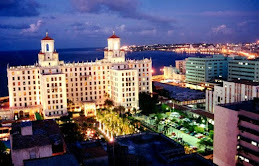
+azul.jpg)







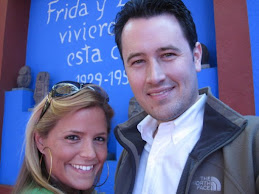.jpg)
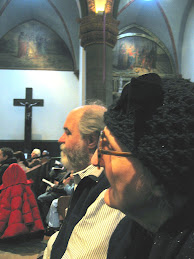

















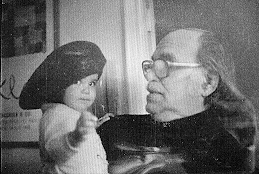.jpg)



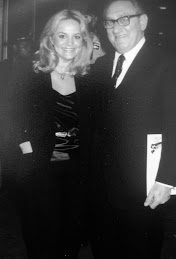.jpg)

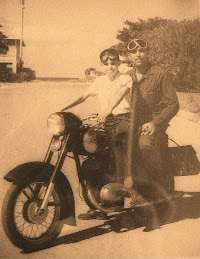.jpg)










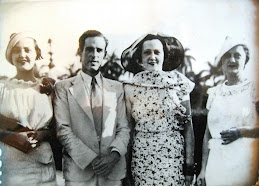

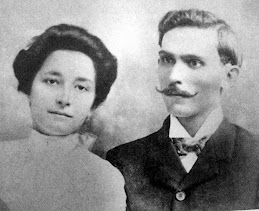
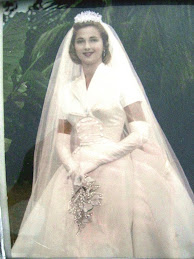
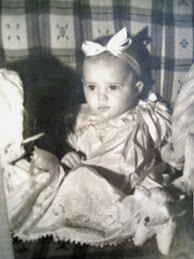
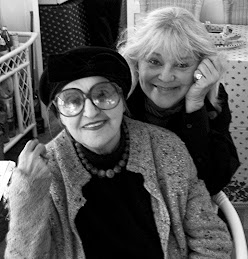
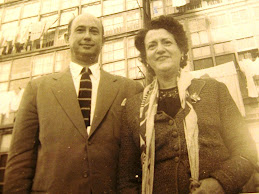
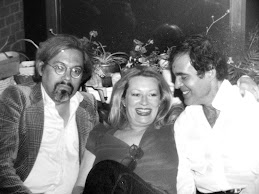
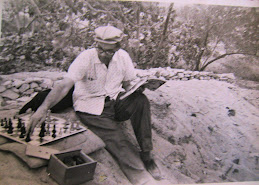
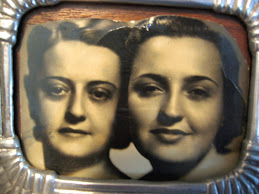
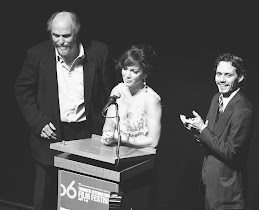
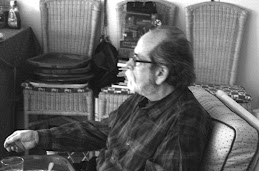
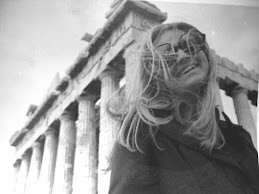

.jpg)

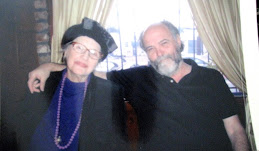
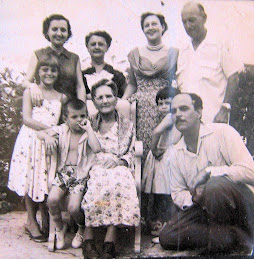
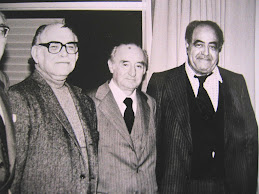
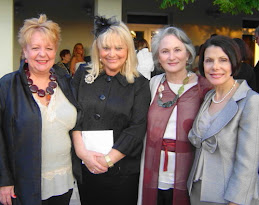

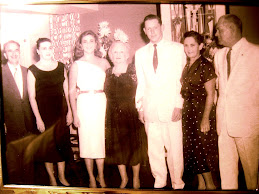
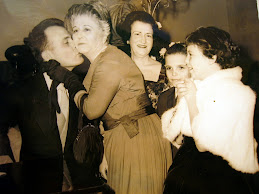

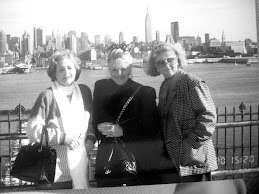

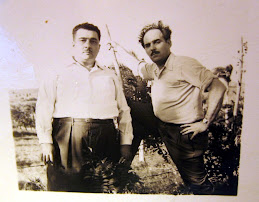
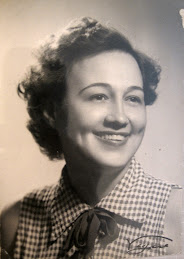
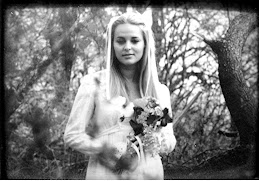
.jpg)
